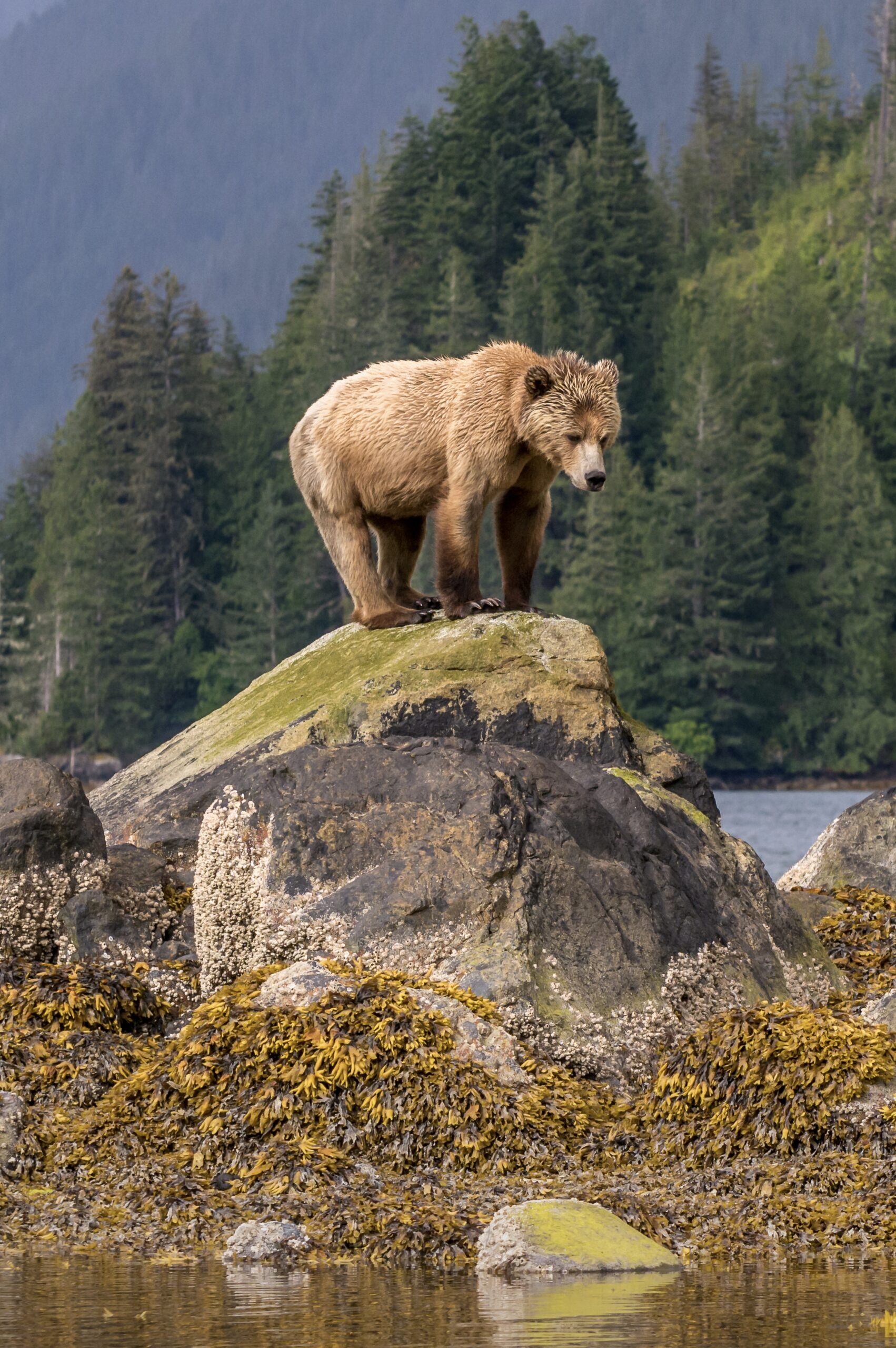PFPs are designed for long-term success, which requires sustained accountability, transparency, and a commitment to continuous learning. That’s why impact tracking is not just a feature of the PFP model, it’s a fundamental pillar.
Every PFP that is supported by Enduring Earth integrates monitoring, evaluation, and learning (MEL) into its implementation, to assess ecological, social, governance, and financial outcomes over time. This ensures that commitments translate into real, measurable change, and that projects remain responsive to evolving challenges and opportunities.
By tracking impact, we can:
Ensure PFPs deliver on their agreement.
Progress is measured not only by hectares conserved, but by the health of ecosystems, the strength of local governance, and the well-being of communities. Regular tracking ensures alignment with the goals set at the outset—and enables course correction when needed.
Build trust and accountability
Transparent reporting strengthens relationships with local partners, leaders, and communities who are driving these initiatives forward. It helps ensure all stewards of the environment who are engaged in the project stay informed, engaged, and confident in the integrity and performance of the initiative.
Adapt and improve over time
Conservation is dynamic. Monitoring allows us to identify what’s working, understand emerging risks, and make evidence-based decisions. This adaptive approach increases the resilience and effectiveness of each PFP over the long term.
The approach to MEL is co-created with local partners and grounded in equity, inclusion, and science. We prioritize locally relevant indicators, open access to data, and participatory processes that elevate community voices and support national accountability systems.
Impact tracking is how we make permanence real. It’s how we ensure PFPs continue to protect nature, support communities, and deliver lasting value for people and planet.
Since launching in 2021, Enduring Earth has worked alongside more than 100 local partners across five PFP initiatives in Canada, Mongolia, and Colombia, collectively securing durable conservation outcomes, strengthening livelihoods, and sustaining the protection of 207 million hectares of lands, ocean, and freshwater. Building on this foundation, we are now advancing 11 additional PFPs across 13 countries — including the first PFPs in Africa — with more on the horizon.
Northwest Territories: Our Land for the Future was agreed in November 2024, enabling CAD$375 million to durably conserve 38 million hectares of lands and waters. The PFP will fund Indigenous-led conservation, stewardship, and economic development across the Northwest Territories, and is one of the largest Indigenous-led conservation land initiatives in the world.
Great Bear Sea, Canada, was agreed in June 2024, securing long-term financing for durable conservation, community-led economic development, and diversification, while ensuring sustained funding for Indigenous Guardian programs. Led by 17 First Nations in collaboration with the Governments of British Columbia and Canada, this co-governance model is projected to create 3,000 new jobs and provide 32,000 days of skills training.
Eternal Mongolia, was agreed in April 2024, delivering $198 million in new investments over 15 years for conservation and community economic development, and community-managed practices to 34 million hectares beyond protected areas.
Herencia Colombia was agreed in June 2022, securing $245 million in public and private financing to permanently protect 32 million hectares of iconic Colombian landscapes and seascapes, with investments in community forestry, tourism, and restoration projects led by Indigenous peoples, rural communities, women’s organizations, and youth.
Project Finance for Permanence Initiatives Around the World
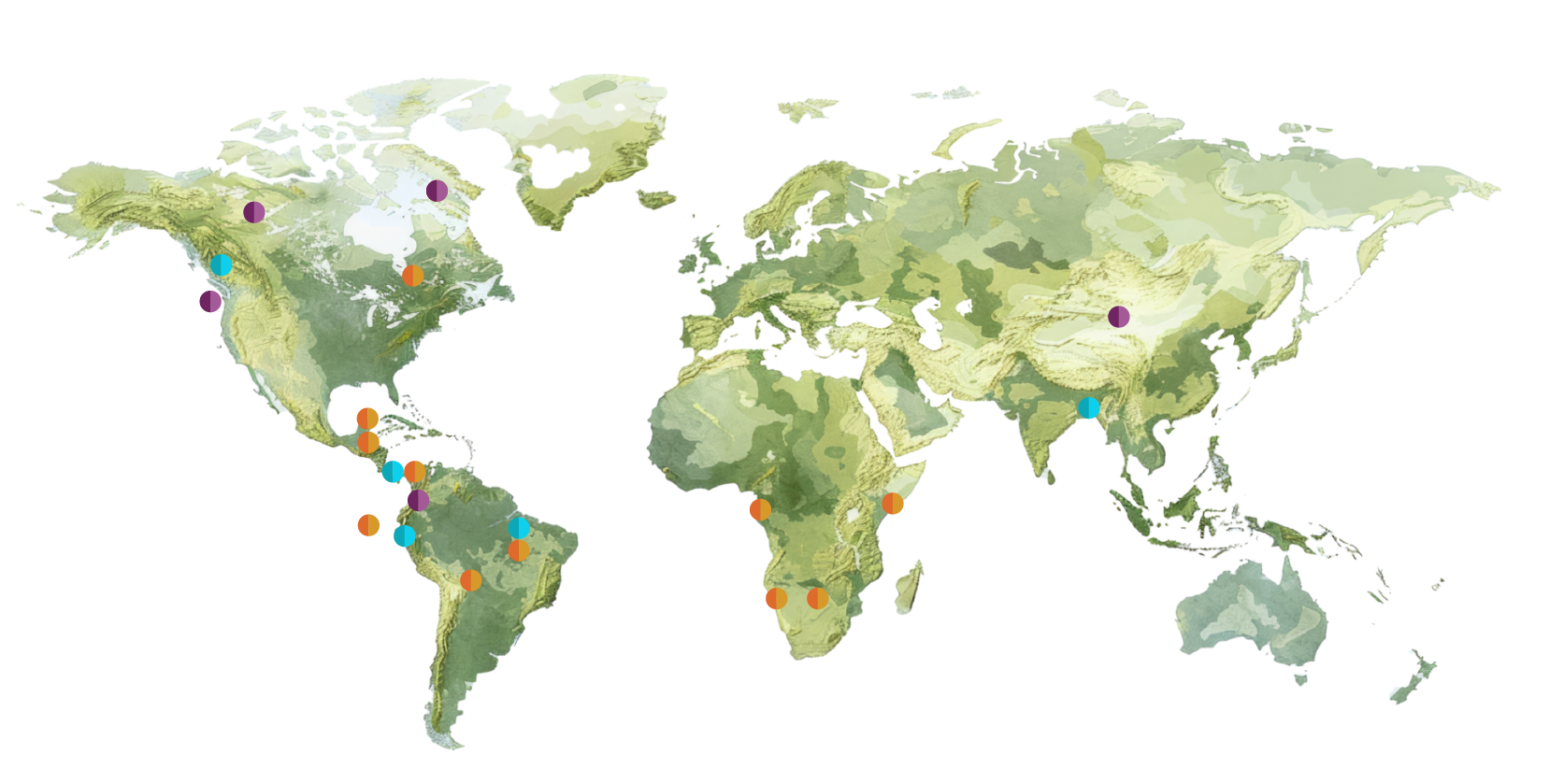
11 PFP projects in planning in Brazil, Belize, Bolivia, Botswana, Canada, Eastern Tropical Pacific, Kenya, Gabon, Mexico, Namibia, Panama
5 PFP projects in implementation, established and led by government, communities, Indigenous peoples, First Nations, local partners
5 PFP projects agreed prior to Enduring Earth partnership
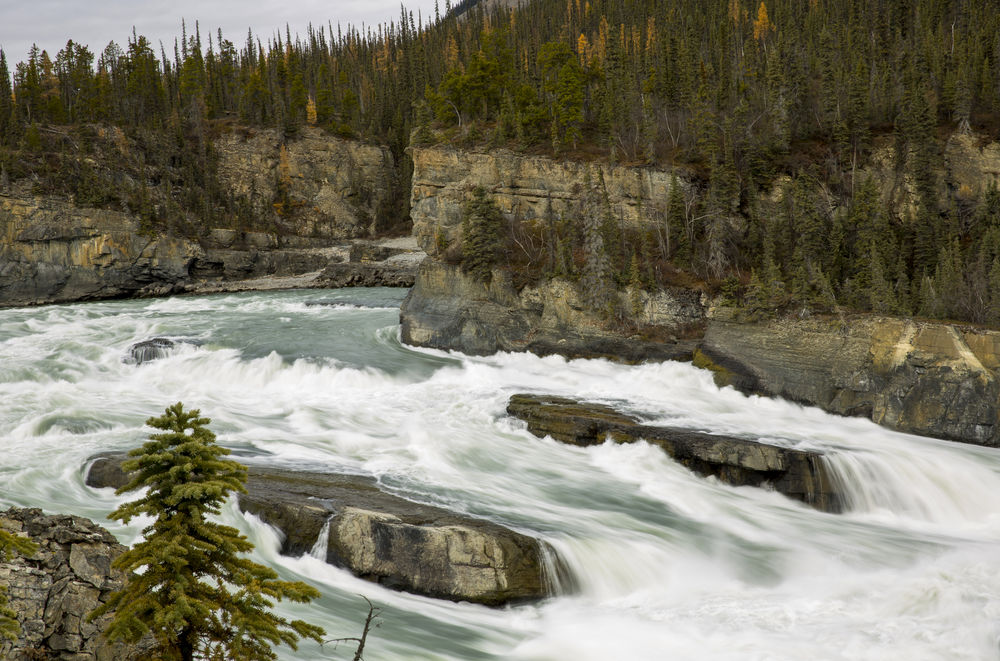
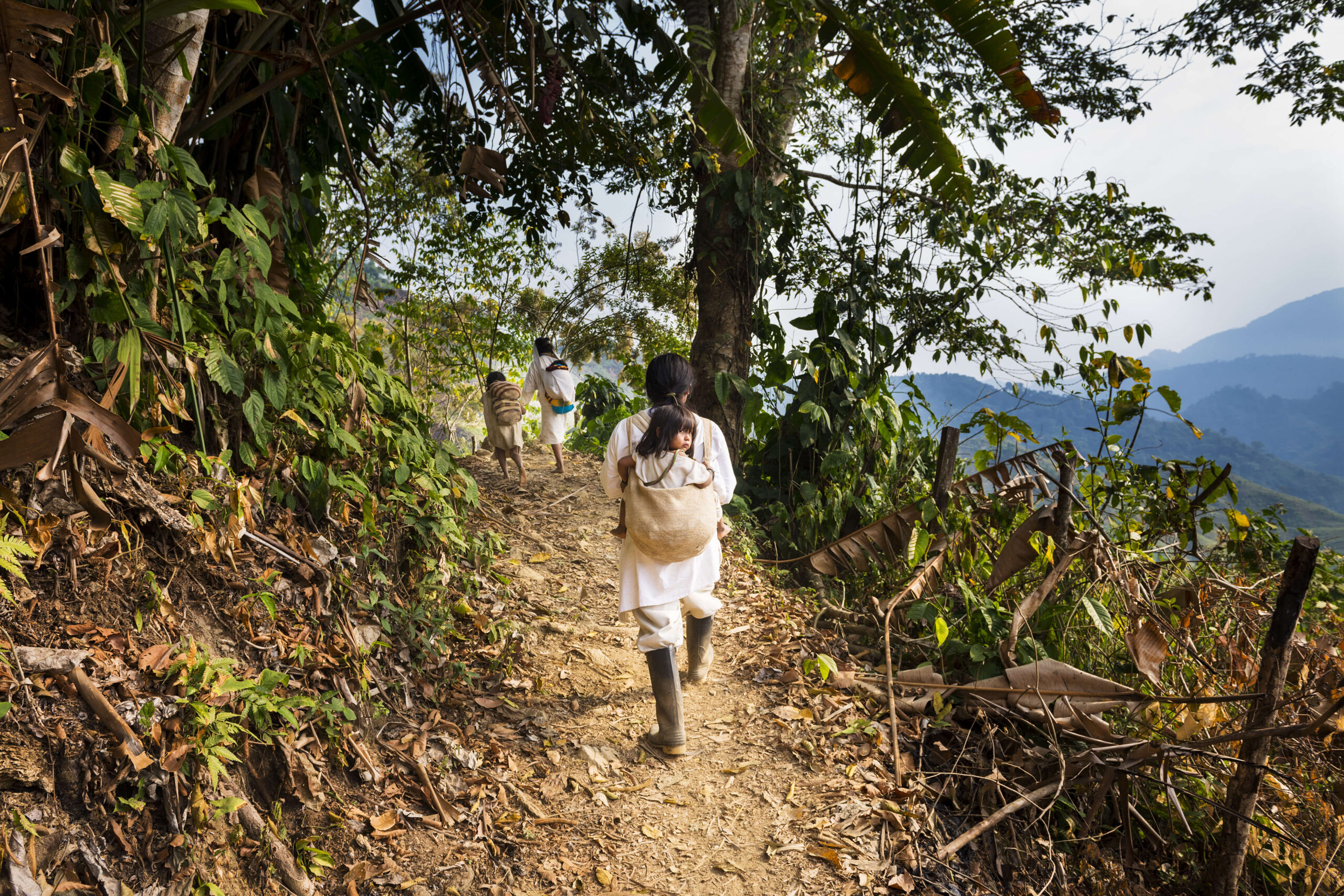
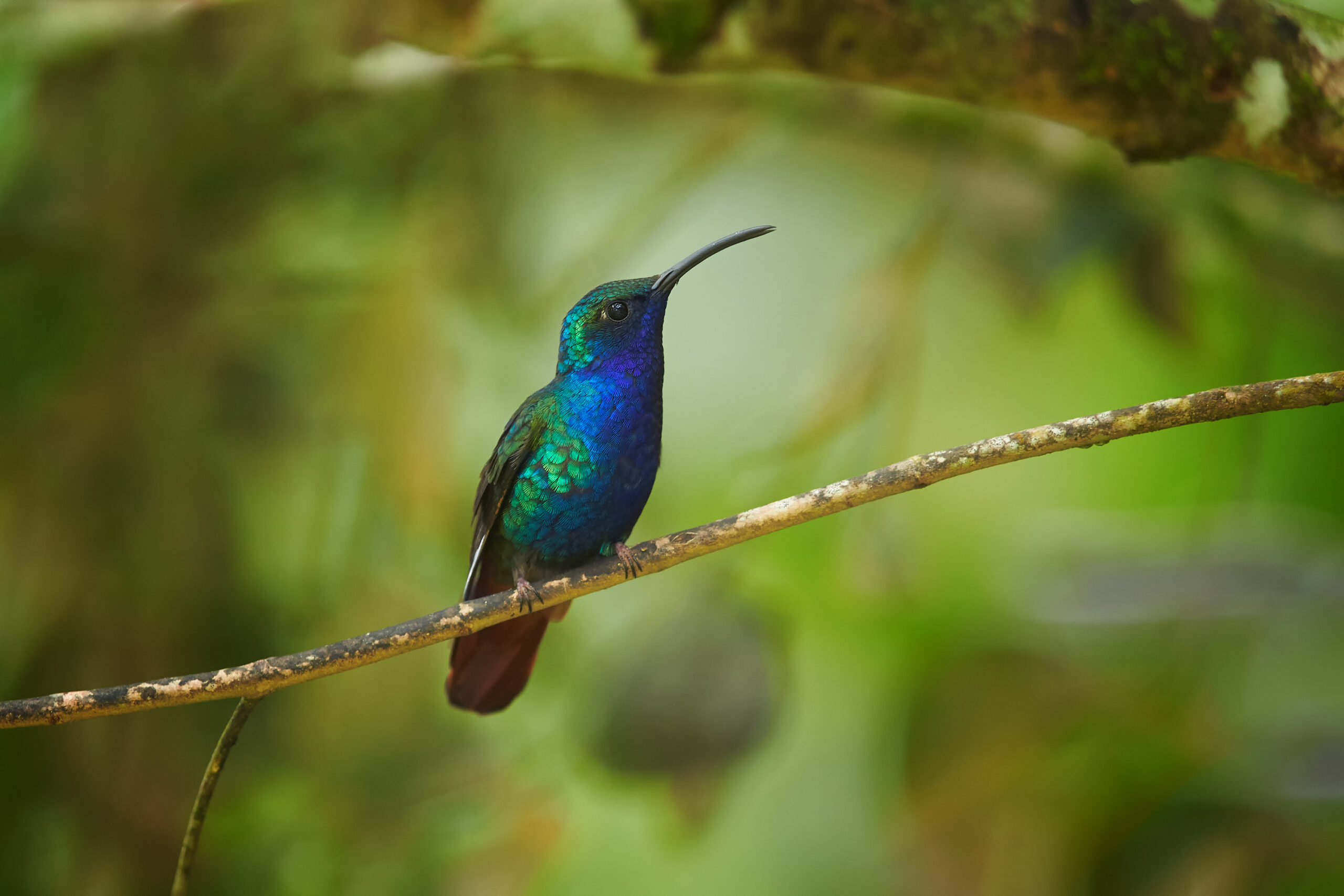
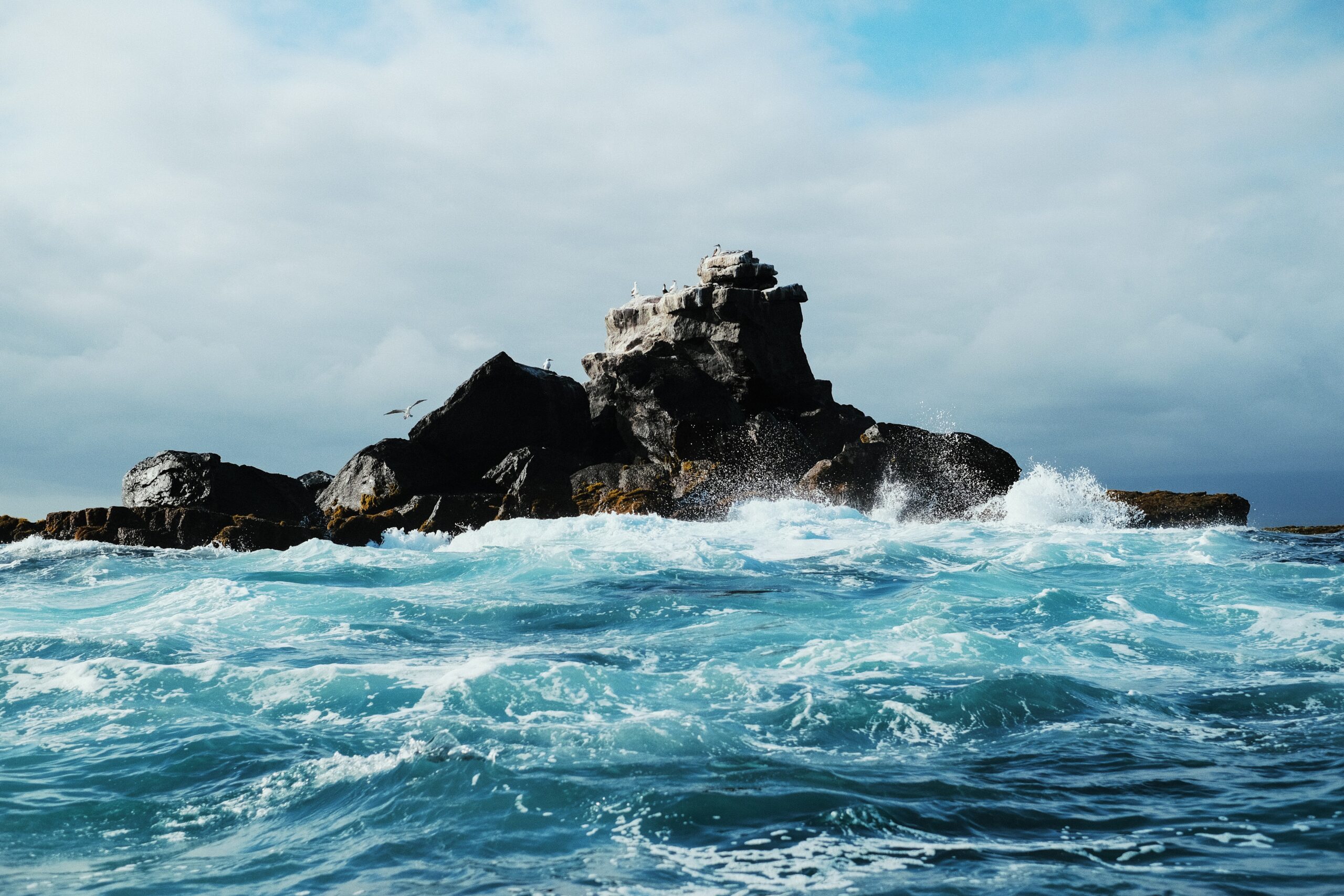
The Enduring Earth PFPs build on the durable conservation of an additional 87 million hectares of lands and waters from five PFPs that were established prior to the formation of the partnership:
Great Bear Rainforest agreement was a historic collaboration between First Nations and the Government of British Columbia, Canada, to conserve 8 million hectares of temperate rainforest, which continues to support Indigenous-led conservation and sustainable economic development.
Forever Costa Rica tripled the country’s marine protected areas and improved the management of its entire national park system, allowing Costa Rica to meet its goal to protect 30% of its lands and ocean.
Amazon Region Protected Areas for Life project in Brazil maintains a 60 million-hectare network of protected areas.
Peru’s Natural Legacy expands and more effectively manages 16.7 million hectares of the Peruvian Amazon, where 87% of the country’s protected area network is located.
Bhutan for Life permanently protects the nation’s 2 million-hectare network of protected areas. More than half of the nation is now under conservation protection.
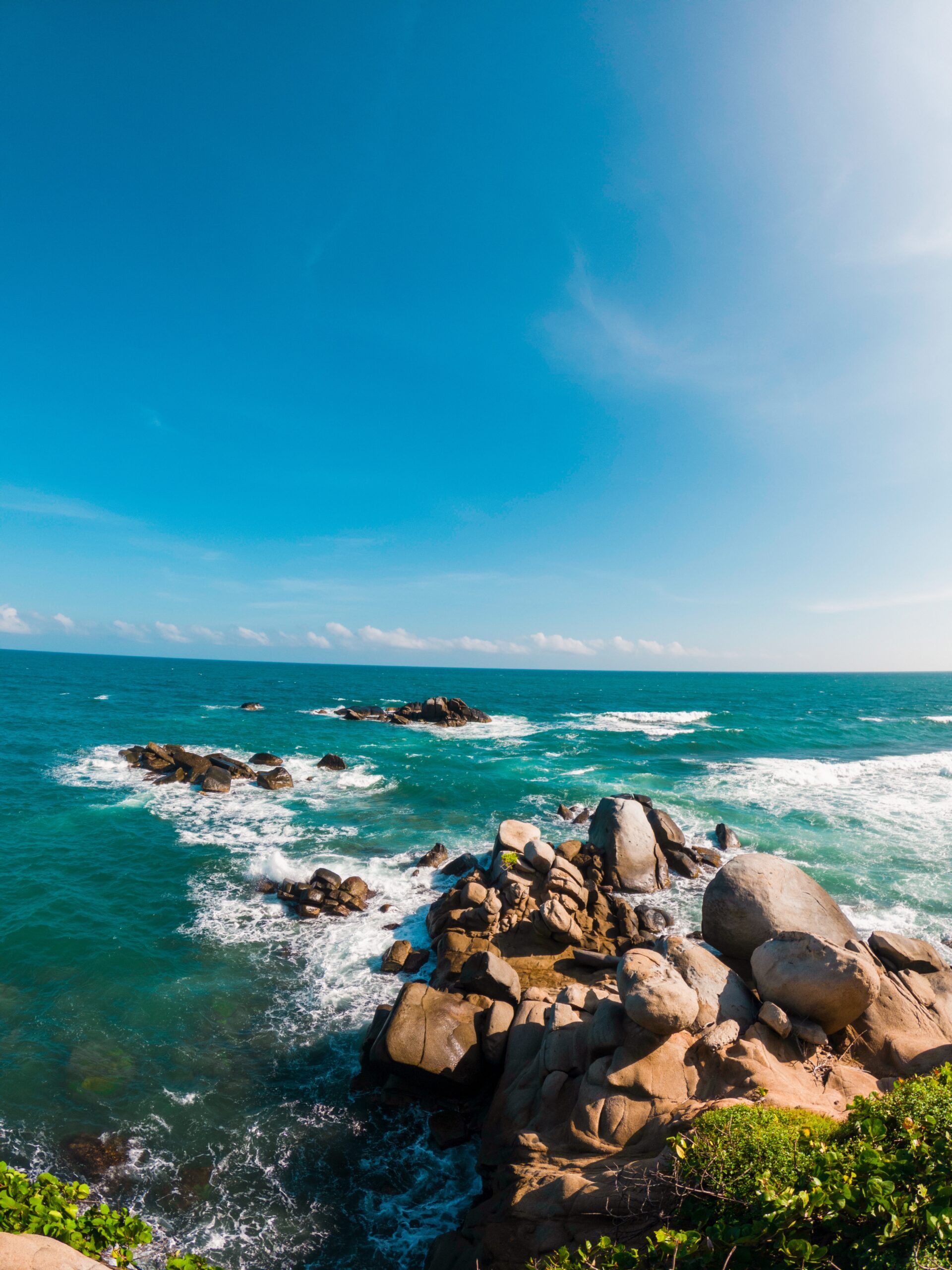
Herencia Colombia PFP
In June 2022, the Colombian Government, in partnership with a broad coalition of community, public sector, and private sector partners, signed an agreement to launch Heritage Colombia PFP (HECO), which secures US$245 million in public and private funding to permanently protect 32 million hectares of landscapes and seascapes. HECO will include land outside of protected areas, such as lands managed by Afro- Colombian communities and lands owned by Indigenous communities.
HECO is a major step forward in Colombia’s effort to protect 30% of its land by 2030— and it will achieve the country’s goal of protecting 30% of its oceans and seas. The project contributes to a regional cluster of PFP initiatives that, together, provide permanent protections for approximately 12% of the entire Amazon rainforest.
Over 10 years, HECO will support the creation of more than 3 million hectares of new terrestrial protected areas and at least 15 million hectares of new marine protected areas. It will also improve the management of existing national, regional, and private lands, and maintain ecosystems that millions of Colombians rely on for clean air and water, food, medicines, and their livelihoods.
Great Bear Rainforest in Canada
The Great Bear Rainforest agreement illustrates the potential impact of a large-scale conservation initiative. Through the early 2000s, First Nations worked with the Government of British Colombia to conserve over 6 million hectares, extending over one of the world’s largest remaining intact temperate rainforests. Starting in 2006, TNC supported a groundbreaking conservation finance effort to secure durable funding for Indigenous stewardship and to catalyze the transition to a sustainable, conservation-based economy. This initiative led an innovative finance agreement among First Nations, BC, Canada, and private funders; and to the creation of Coast Funds, an Indigenous-led conservation finance institution, to manage CAD$120 million for conservation and economic development.
First Nations have leveraged this funding to advance their visions for their territories, create more than 100 businesses and over 1250 new jobs (13% of First Nations’ workforce), and conserve critical habitats for bears, salmon, and centuries-old cedars. This model has since become recognized as the world’s first PFP. Building on this success, First Nations are now developing a Great Bear Sea PFP with support from Enduring Earth. The project would fund sustainable management and habitat protection over an area of ocean larger than Maine. A spectacular array of wildlife relies on these waters for survival, including sea otters, whales, bears, and sea wolves. This project stands to benefit 17 distinct Indigenous communities and would establish the largest Indigenous-led marine protected area network in the world.
